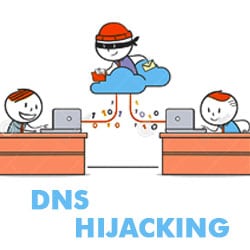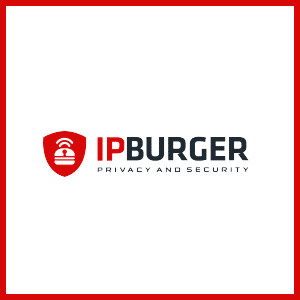DNS – Domain Name System, is part of the internet backbone that enables you to surf the internet seamlessly.
 How DNS works
How DNS works
You can view a DNS as a phonebook directory where a certain name has a corresponding number. In a nutshell, a DNS is a translator between us and the internet (Computers and other devices in the network). That’s, computers only understand numbers; we humans understand words better.
When you want to access a certain service on the internet, the first thing you do is type the domain address, e.g., google.com. But the internet won’t understand that. What it will understand is the IP address, e.g., 216.58.204.14. It’s the DNS work to look up for the corresponding IP address of the domain name.
These IP addresses are stored in DNS servers. These are special kind of computers that resolve, translate and look up for the domain names and their corresponding IP addresses. The internet is made of many DNS servers, and if one DNS server can’t resolve a domain name to its IP address, it passes the request to other DNS servers till the IP address is found. Sometimes, the domain name may not have a corresponding IP address, and you might get a response, “We’re having trouble finding that site or the website doesn’t exist.’’
 DNS Hijacking
DNS Hijacking
As mentioned earlier, there are several DNS servers, and DNS requests are passed on to different DNS servers till results are found.
DNS hijacking is a malicious practice that involves redirecting your DNS queries to a wrong DNS server. When your query is finally serviced, you end up getting the wrong results. DNS hijacking is dangerous in that you may land on a spoofed site that may look like the legitimate site you wanted to visit. For instance, a spoofed website. It’s even more dangerous when phishing is involved.
In both cases, you might end up giving your confidential and sensitive information unknowingly such as emails, usernames, and their passwords, your credit card number and other Personally identifiable information (PII) that could be used in identity theft and fraud.
At times, it can be annoying and dangerous at times. For instance, if you type a domain name that doesn’t exist, your ISP can take advantage of that and redirect you to their websites loaded with ads. Some of these ads can be intrusive and violate your privacy.
Ways Your DNS Get Hijacked
- Rogue DNS server
Some DNS servers on the internet are compromised, and their purpose is to enable malicious actors to hijack your DNS. When your DNS queries traverse the unsecured internet, you won’t know what DNS server services it. If it gets redirected to a compromised server, your DNS will be hijacked. Good thing, hacking a DNS server is hard, but redirecting your DNS traffic can be quite easy. For instance, there are many free DNS servers online claiming that they can bypass censorships and unblock websites. Since they are free, your DNS traffic will be used to service their costs.
- Malware
Malware is harmful, and when they target your DNS, they may change your DNS settings to those of a compromised DNS server. This will redirect all your internet traffic to the DNS server, and your personal private information will be harvested without your knowledge. As said earlier, when spoofing and phishing are involved, the damage can be much worse as a result of identity theft.
Other malicious actors won’t bring much harm, but you will be making a profit for them. In this case, you will get results loaded with redirected and never-ending ads.
- Internet service provider interference
Rogue ISPs can also hijack your DNS query. This mostly happens when you type domain names that don’t exist. Your ISP will hijack the “website doesn’t exist” response and replace it with a website containing the same message but loaded with ads. This website can also be used to collect your data.
 How to protect yourself against DNS hijacking
How to protect yourself against DNS hijacking
- Use IPBurger VPN
IPBurger VPN routes your internet traffic via a secure encrypted tunnel. This ensures that your DNS queries are not exposed to prying eyes such as cybercriminals who can redirect them to rogue DNS servers. Hence IPBurger VPN provides you security and privacy while surfing the open internet.
- Use a reputable antivirus/antimalware software
Reliable antivirus/antimalware software also protects you against unauthorized system changes. This means malware can’t change your DNS settings. Also, remember to update your antivirus/antimalware software regularly.
- Avoid free DNS servers
Free DNS servers may promise a lot such as giving you access to blocked websites and other internet services. Some may work, and some will only harvest your data and also give you results loaded with ads.
- Update your router password regularly
Good password management requires you to change your password after some period or when you have been comprised. Most popular routers come with a default password which can be freely found online. If you don’t change the default password, there are high chances that a cybercriminal may alter your router’s DNS settings and hence hijack your DNS queries.
- Be alert when surfing the internet
DNS hijacking can happen to anyone including authoritative sites – this happens when authoritative DNS servers are poisoned. In this case, you might get legitimate results loaded with ads, or you might be redirected to a new page you have never seen before.

 How DNS works
How DNS works DNS Hijacking
DNS Hijacking How to protect yourself against DNS hijacking
How to protect yourself against DNS hijacking

